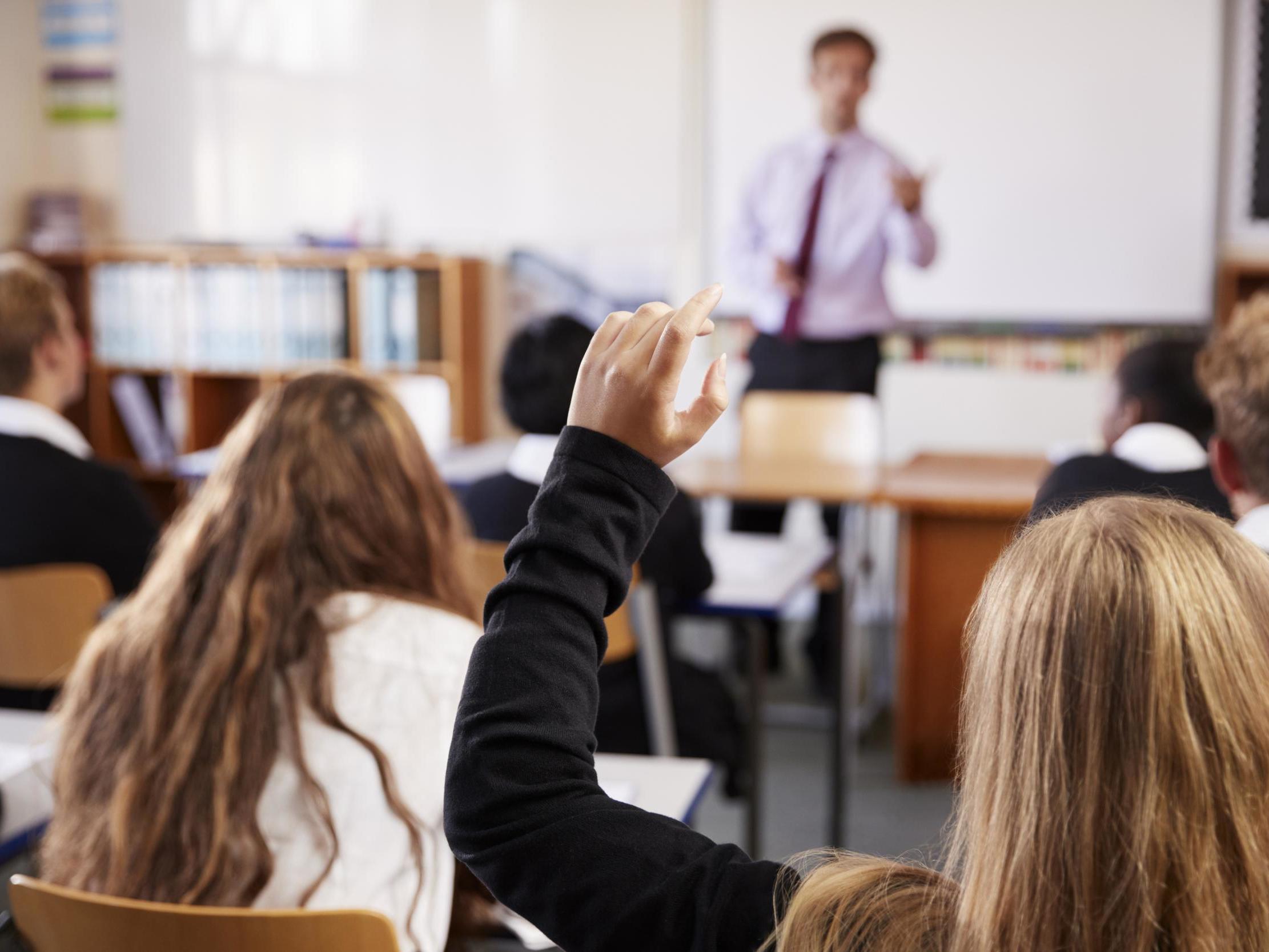School closures will hit UK productivity for years, experts warn
Children from poorer backgrounds will be hardest hit by school closures

Your support helps us to tell the story
From reproductive rights to climate change to Big Tech, The Independent is on the ground when the story is developing. Whether it's investigating the financials of Elon Musk's pro-Trump PAC or producing our latest documentary, 'The A Word', which shines a light on the American women fighting for reproductive rights, we know how important it is to parse out the facts from the messaging.
At such a critical moment in US history, we need reporters on the ground. Your donation allows us to keep sending journalists to speak to both sides of the story.
The Independent is trusted by Americans across the entire political spectrum. And unlike many other quality news outlets, we choose not to lock Americans out of our reporting and analysis with paywalls. We believe quality journalism should be available to everyone, paid for by those who can afford it.
Your support makes all the difference.A quarter of the UK workforce could have permanently lower skills from the mid-2030’s because of school closures due to coronavirus, experts have warned.
A Royal Society report warned the re-opening of schools in September must be prioritised to avoid long term harm to pupils.
The report, by the Data Evaluation and Learning for Viral Epidemics group (DELVE), said that without action the 13 year groups of students could see their earning potential reduced by three per cent a year.
This would lower the countries overall economic growth rate.
They also warned of the impact on children’s mental and physical health and said the government should carry out surveillance studies to monitor effects on pupils once schools return in September.
Professor Simon Burgess, professor of economics at the University of Bristol and lead author on the report, said: “We know how damaging it is for children to miss out on school. The amount of school already missed due to the pandemic could impact on their earning potential by around 3 per cent a year throughout their lives and impact on productivity in the UK for decades.
“While it is still early days, there has been little evidence of surges in infection rates in countries that have opened up their schools, including countries that have fully reopened.
“While we have to do all we can to reduce the risk of transmission, we do need to get our children back to school.”
The DELVE group was convened by the Royal Society to consider the impact of coronavirus in the UK.
The experts conclude the risk of re-opening schools is less risky than other activities although it acknowledges the evidence is still emerging.
It said when infection rates rise in some areas, schools may need to close but this should be on a case by case basis.
It says ministers should have clear criteria for the closure of schools and produce advice to parents and make sure schools have the resources they need.
Professor Anna Vignoles, professor of education at the University of Cambridge added: “Shutting down schools has impacted all children but the worst effects will be felt by those from lower socio-economic groups and with other vulnerabilities, such as a pre-existing mental health condition.
“Children from low income households in particular are more likely to lack the resources (space, equipment, home support) to engage fully with remote schooling. Those with pre-existing conditions are more likely to experience a worsening of their mental health. This has to be taken into account in how we come out of this pandemic.”
Join our commenting forum
Join thought-provoking conversations, follow other Independent readers and see their replies
Comments